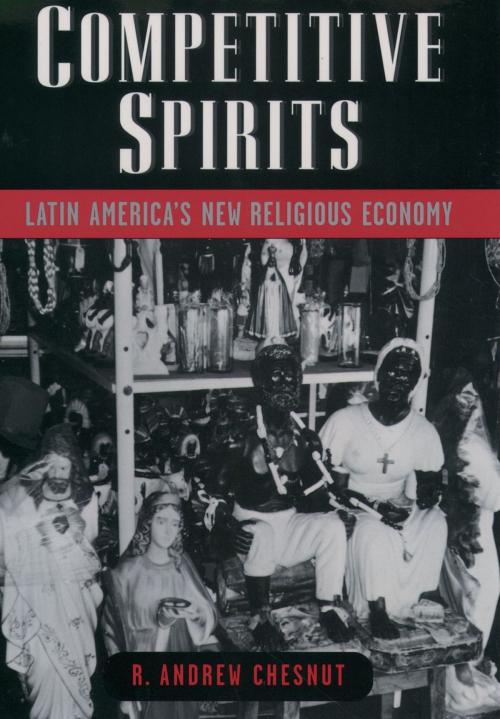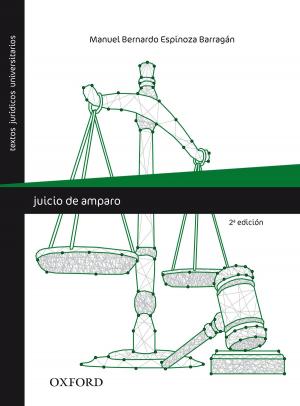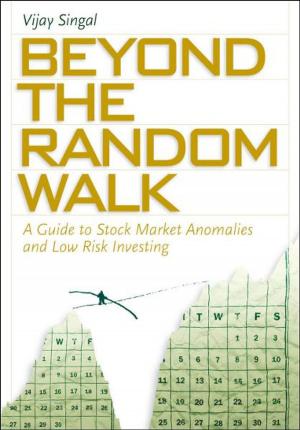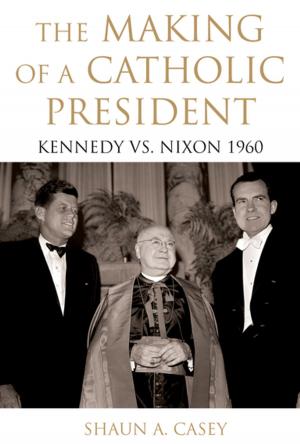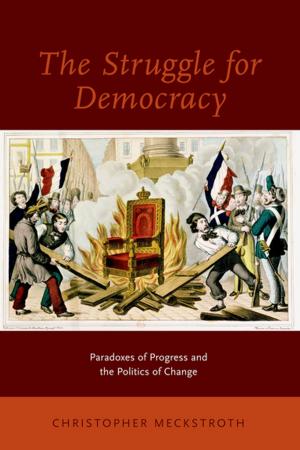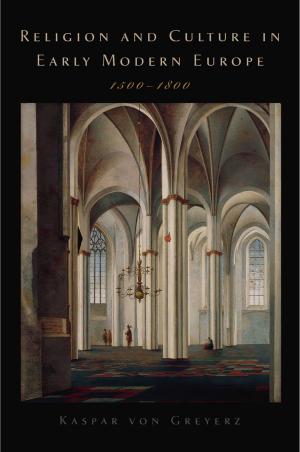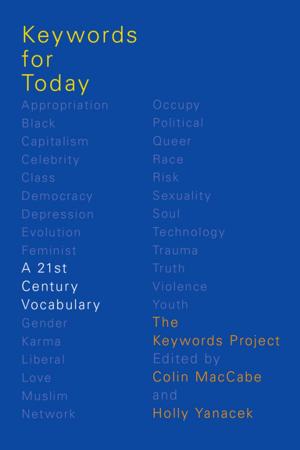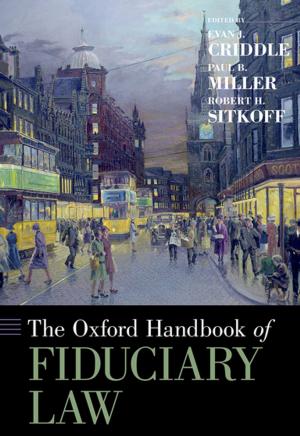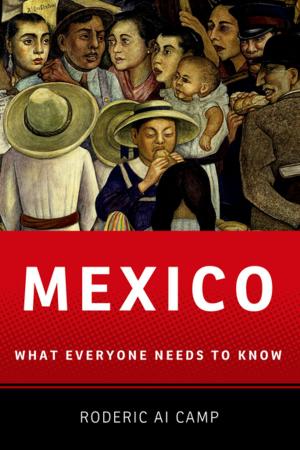Competitive Spirits
Latin America's New Religious Economy
Nonfiction, Social & Cultural Studies, Social Science, Sociology, Marriage & Family, Religion & Spirituality, Christianity, Church, Church & State| Author: | R. Andrew Chesnut | ISBN: | 9780190289850 |
| Publisher: | Oxford University Press | Publication: | August 7, 2003 |
| Imprint: | Oxford University Press | Language: | English |
| Author: | R. Andrew Chesnut |
| ISBN: | 9780190289850 |
| Publisher: | Oxford University Press |
| Publication: | August 7, 2003 |
| Imprint: | Oxford University Press |
| Language: | English |
For over four centuries the Catholic Church enjoyed a religious monopoly in Latin America in which potential rivals were repressed or outlawed. Latin Americans were born Catholic and the only real choice they had was whether to actively practice the faith. Taking advantage of the legal disestablishment of the Catholic Church between the late 1800s and the early 1900s, Pentecostals almost single-handedly built a new pluralist religious economy. By the 1950s, many Latin Americans were free to choose from among the hundreds of available religious "products," a dizzying array of religious options that range from the African-Brazilian religion of Umbanda to the New Age group known as the Vegetable Union. R. Andrew Chesnut shows how the development of religious pluralism over the past half-century has radically transformed the "spiritual economy" of Latin America. In order to thrive in this new religious economy, says Chesnut, Latin American spiritual "firms" must develop an attractive product and know how to market it to popular consumers. Three religious groups, he demonstrates, have proven to be the most skilled competitors in the new unregulated religious economy. Protestant Pentecostalism, the Catholic Charismatic Renewal, and African diaspora religions such as Brazilian Candomble and Haitian Vodou have emerged as the most profitable religious producers. Chesnut explores the general effects of a free market, such as introduction of consumer taste and product specialization, and shows how they have played out in the Latin American context. He notes, for example, that women make up the majority of the religious consumer market, and explores how the three groups have developed to satisfy women's tastes and preferences. Moving beyond the Pentecostal boom and the rise and fall of liberation theology, Chesnut provides a fascinating portrait of the Latin American religious landscape.
For over four centuries the Catholic Church enjoyed a religious monopoly in Latin America in which potential rivals were repressed or outlawed. Latin Americans were born Catholic and the only real choice they had was whether to actively practice the faith. Taking advantage of the legal disestablishment of the Catholic Church between the late 1800s and the early 1900s, Pentecostals almost single-handedly built a new pluralist religious economy. By the 1950s, many Latin Americans were free to choose from among the hundreds of available religious "products," a dizzying array of religious options that range from the African-Brazilian religion of Umbanda to the New Age group known as the Vegetable Union. R. Andrew Chesnut shows how the development of religious pluralism over the past half-century has radically transformed the "spiritual economy" of Latin America. In order to thrive in this new religious economy, says Chesnut, Latin American spiritual "firms" must develop an attractive product and know how to market it to popular consumers. Three religious groups, he demonstrates, have proven to be the most skilled competitors in the new unregulated religious economy. Protestant Pentecostalism, the Catholic Charismatic Renewal, and African diaspora religions such as Brazilian Candomble and Haitian Vodou have emerged as the most profitable religious producers. Chesnut explores the general effects of a free market, such as introduction of consumer taste and product specialization, and shows how they have played out in the Latin American context. He notes, for example, that women make up the majority of the religious consumer market, and explores how the three groups have developed to satisfy women's tastes and preferences. Moving beyond the Pentecostal boom and the rise and fall of liberation theology, Chesnut provides a fascinating portrait of the Latin American religious landscape.
